A WORLD ON FIRE: WHY ELEPHANTS STILL NEED OUR HELP
The world is a noisy place right now. Headlines scream of escalating conflicts, economic uncertainty casts a long shadow, and the 24-hour news cycle bombards us with a relentless stream of crises. It's easy to feel overwhelmed, to become desensitized to the suffering and struggle that seem to permeate every corner of the globe. In the face of such widespread turmoil, it's understandable if our attention drifts from issues that seem less urgent, less immediately pressing. But amidst the chaos and clamor, let's not forget the silent giants who still desperately need our support: elephants.
While the world grapples with human-made conflicts, elephants continue to fight their own quiet battle for survival. Poaching for ivory, driven by a ruthless black market that exploits instability and weak governance, remains a persistent and pervasive threat. Habitat loss continues unabated, as forests fall to make way for agriculture and development, pushing elephants into ever-shrinking spaces and increasing the risk of conflict with humans.
It's tempting to think, "With so much going on, how can we possibly worry about elephants?" But that's precisely when their plight becomes even more critical. In times of instability, when resources are stretched thin and priorities shift, conservation efforts often take a backseat. This leaves already endangered species like elephants even more vulnerable to exploitation and neglect.
Here's why we can't afford to lose sight of elephant conservation, even amidst the cacophony of global turmoil:
· A symbol of resilience: Elephants embody strength, wisdom, and resilience – qualities we need now more than ever. Their very survival is a testament to the enduring power of nature, a reminder that even in the face of adversity, life finds a way. By protecting elephants, we're not just saving a species; we're safeguarding a symbol of hope for a better future, a symbol that reminds us that perseverance and strength can prevail even in the darkest of times.
· A barometer of our humanity: How we treat animals, especially those as intelligent and socially complex as elephants, reflects our own values and compassion. In a world often marred by conflict and cruelty, where human life itself seems devalued, protecting elephants is a powerful statement that we still cherish empathy, that we still recognize the interconnectedness of all beings. It's a reminder that even in the face of our own struggles, we can still find the capacity to care for others, to extend our compassion beyond our own species.
· An investment in the future: Elephants are keystone species, playing a crucial role in maintaining healthy ecosystems. These ecosystems, in turn, provide vital services that support human livelihoods and well-being, from clean water and fertile soil to carbon sequestration and climate regulation. By protecting elephants, we're not just preserving biodiversity; we're investing in the future of our planet, ensuring that future generations inherit a world where both humans and wildlife can thrive.
· A beacon of hope amidst the darkness: In a world seemingly consumed by conflict and division, elephants offer a glimmer of hope. Their intricate social structures, their capacity for empathy and cooperation, their deep family bonds – these qualities remind us of the best aspects of our own humanity. By protecting elephants, we're not just preserving a species; we're preserving a vision of a world where peace, cooperation, and respect for all life prevail.
What can we do?
Even when the world feels like it's falling apart, we can still make a difference for elephants. Here are some ways to help:
· Support reputable conservation organizations: Donate to organizations working on the ground to combat poaching, protect habitat, and mitigate human-elephant conflict. These organizations are the frontline defenders of elephants, and they need our support now more than ever.
· Spread awareness: Share information about the challenges facing elephants on social media, in your communities, and with your elected officials. Encourage others to get involved and raise their voices for elephant conservation.
· Make conscious consumer choices: Avoid purchasing products made from ivory or other wildlife products. By reducing demand for these illegal goods, we can help disrupt the criminal networks that threaten elephants and other endangered species.
· Support sustainable tourism: Choose tour operators that prioritize animal welfare and contribute to conservation efforts. Responsible tourism can provide crucial economic incentives for communities to protect elephants and their habitat.
The world may be a tumultuous place, but we can't let the chaos extinguish our compassion. Let's stand together and ensure that elephants continue to thrive, even amidst the storms. Their survival is a testament to our own humanity, a beacon of hope in a world that desperately needs it.
